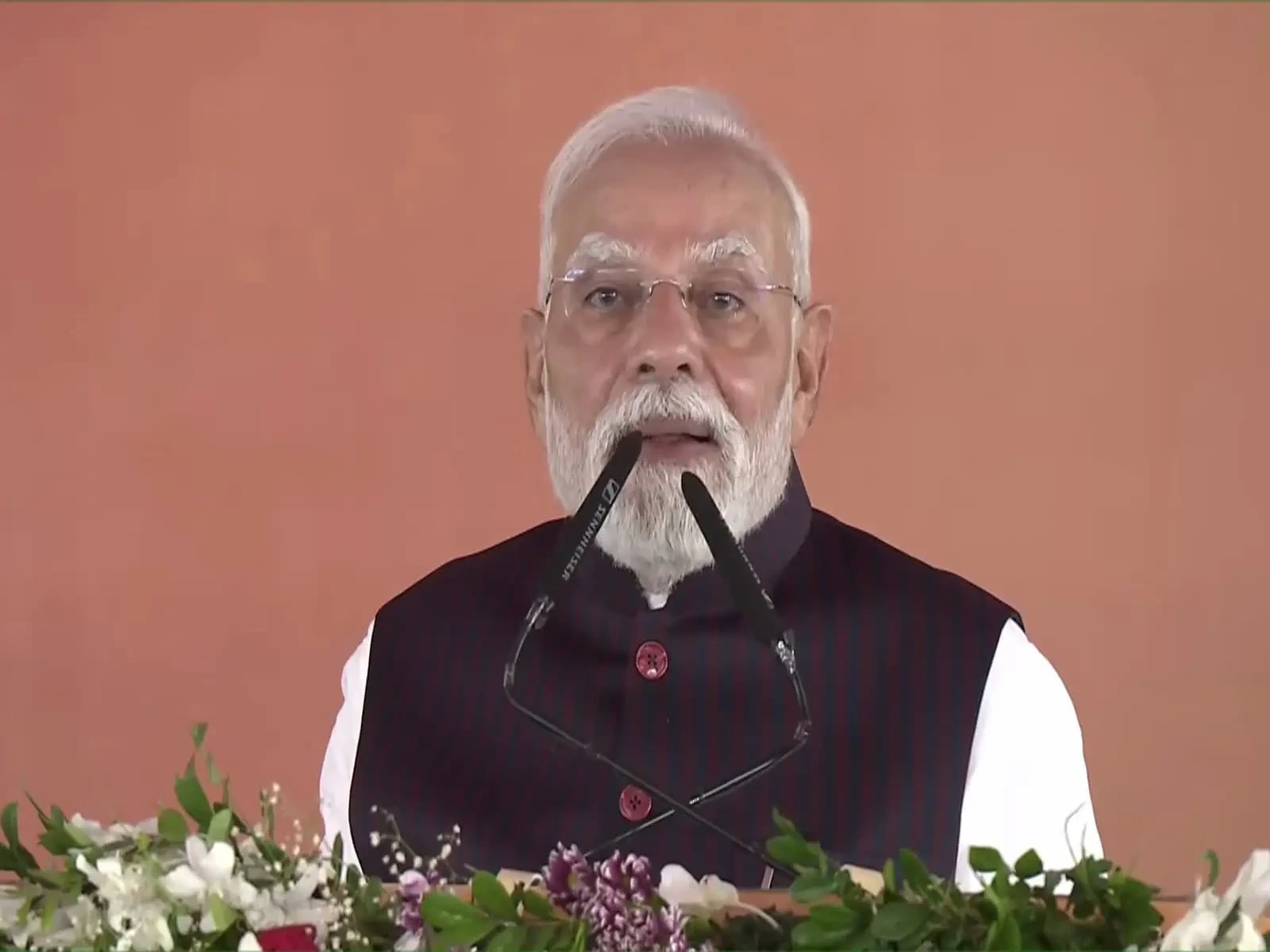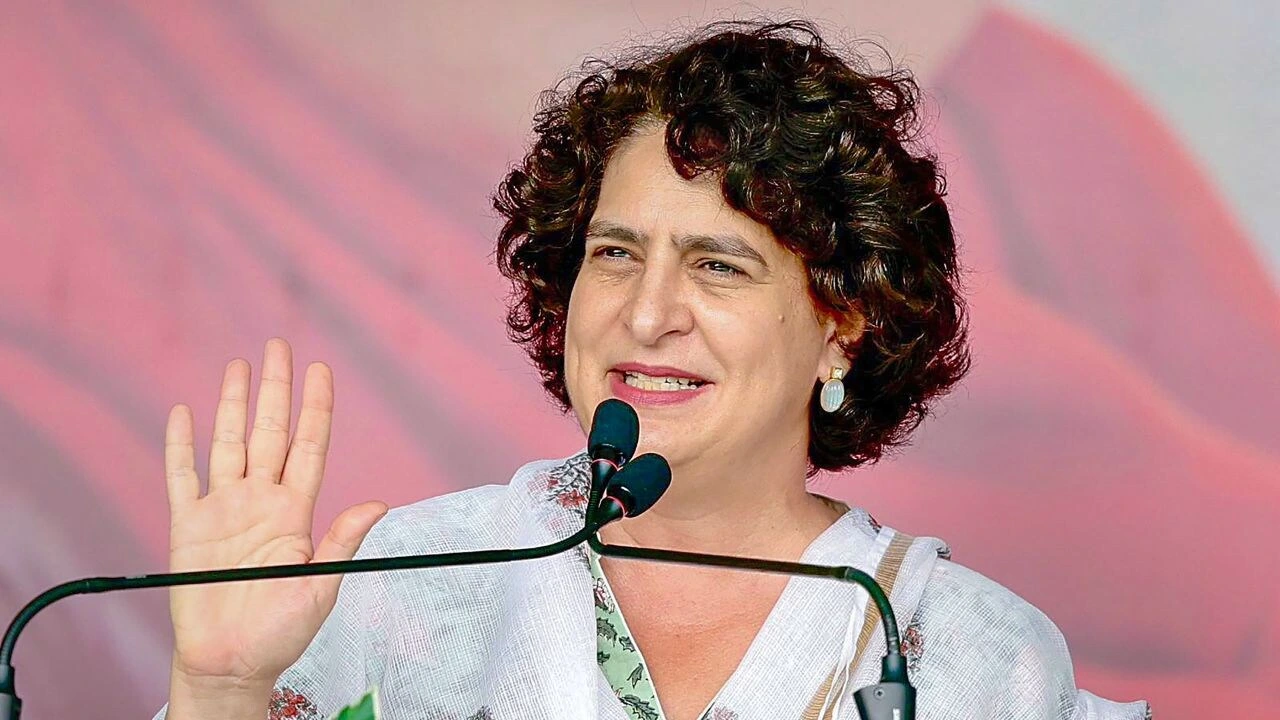03-apr-2025, 12:30 PM
Congress The recent passage of the Waqf Bill, 2025 in the Lok Sabha has ignited a fervent debate within India’s political landscape. The bill, introduced by Union Minority Affairs Minister Kiren Rijiju, proposes significant changes to the management of Waqf properties—Islamic charitable endowments. While the government asserts that the amendments aim to enhance transparency and efficiency, opposition parties, particularly the Indian National Congress (INC), have raised substantial concerns regarding its constitutional validity and timing.
Key Provisions of the Waqf (Amendment) Bill, 2025
The proposed legislation introduces several notable changes:
-
Inclusion of Non-Muslim Members: The bill allows for the appointment of non-Muslim members to Waqf boards, a move the government claims will promote diversity and improve governance.
-
Government Oversight on Land Ownership: It mandates government approval to validate land ownership of Waqf properties, purportedly to combat corruption and ensure proper management.
Congress Objections: Constitutional Concerns and Timing
The Congress party has voiced strong opposition to the bill on multiple fronts:
-
Alleged Constitutional Violations: Congress MPs contend that the bill infringes upon the constitutional rights of the Muslim community, particularly in managing their religious endowments. They argue that the inclusion of non-Muslim members in Waqf boards undermines the autonomy of these religious institutions.
-
Diversion from Trade Issues: The timing of the bill’s passage has also been questioned. Congress MP Imran Pratapgarhi suggested that the government expedited the bill to divert public attention from recent U.S. reciprocal tariffs imposed on Indian goods, which he labeled as an “abject failure” of the government’s trade negotiations.
Congress Government’s Defense On Waqf bill
In response to the criticisms, the government has defended the bill’s provisions:
-
Enhancing Transparency: Union Minority Affairs Minister Kiren Rijiju emphasized that the amendments are designed to curb corruption and improve the management of Waqf properties, benefiting the broader community.
-
Administrative Roles for Non-Muslims: Home Minister Amit Shah clarified that non-Muslim members appointed to Waqf boards would primarily handle administrative tasks, ensuring that religious aspects remain under the purview of the Muslim community.
Broader Implications and Reactions
The bill’s passage has elicited reactions beyond the parliamentary chambers:
-
Muslim Community’s Response: Various Muslim organizations and leaders have expressed apprehension, viewing the bill as an encroachment on their religious rights and an attempt to seize control of Waqf assets. The All India Muslim Personal Law Board (AIMPLB) has indicated plans to challenge the bill legally if it secures approval in the Rajya Sabha.
-
Political Dynamics: The development has intensified political debates, with opposition parties uniting to challenge the government’s approach, accusing it of undermining minority rights and diverting attention from pressing economic issues.
Conclusion
The passage of the Waqf (Amendment) Bill, 2025, in the Lok Sabha marks a significant moment in India’s legislative history, touching upon sensitive issues of religious autonomy, minority rights, and governance. As the bill moves to the Rajya Sabha for further deliberation, it is imperative for all stakeholders to engage in constructive dialogue, ensuring that the legislation aligns with constitutional principles and upholds the rights of all communities involved.
Source: ANI





